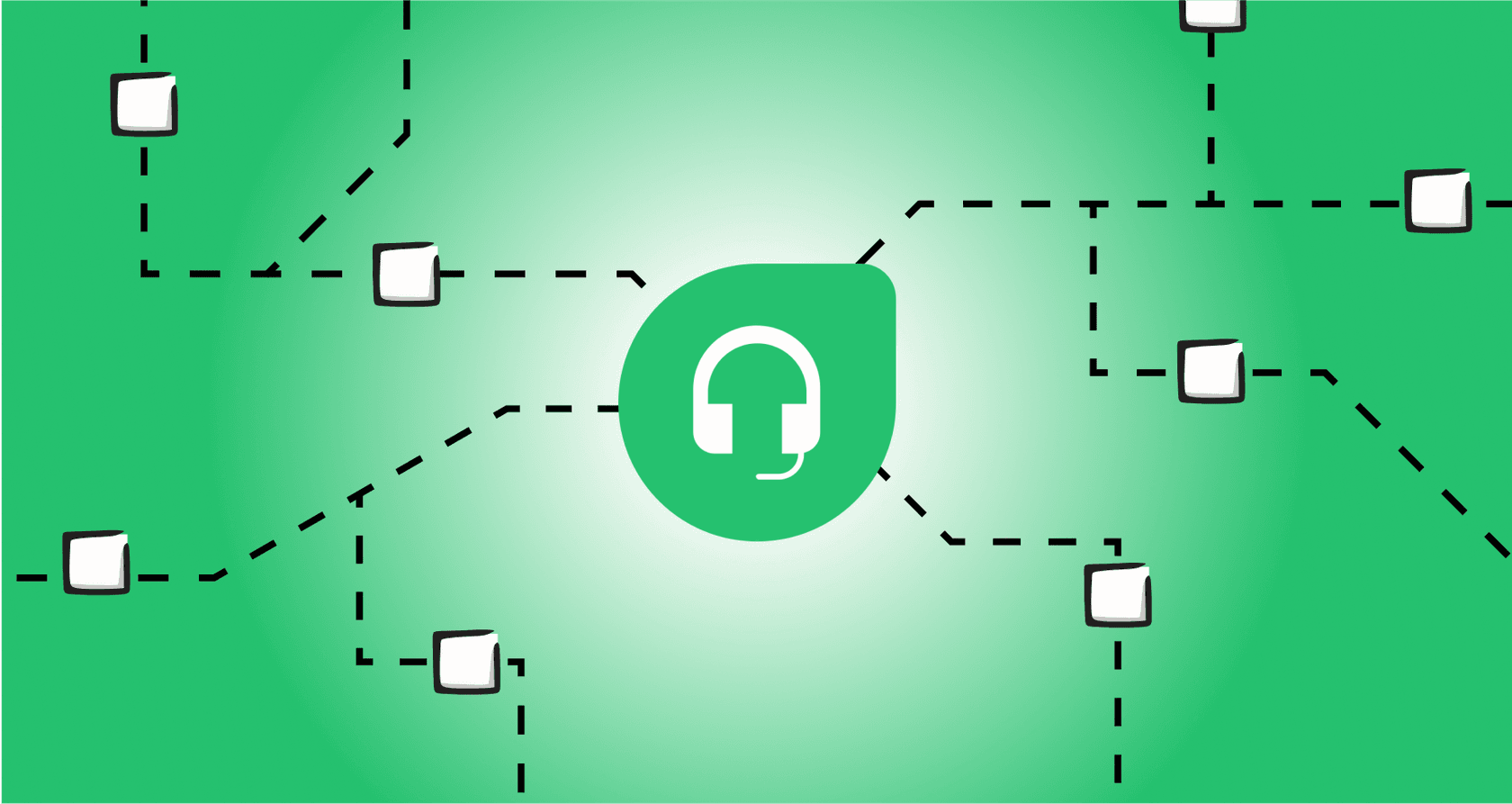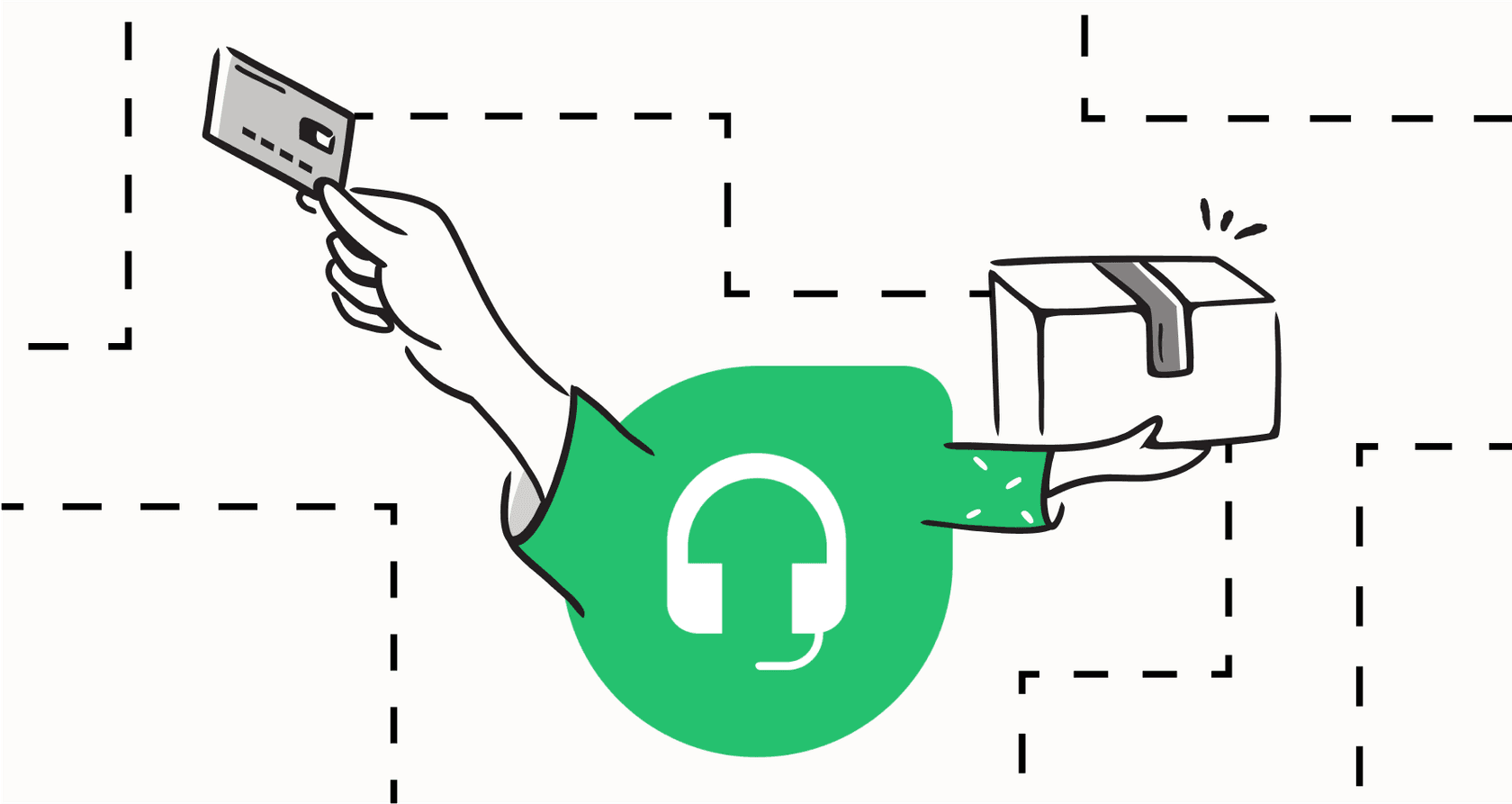A complete guide to the Freshdesk ticketing system in 2026

Stevia Putri

Stanley Nicholas
Last edited January 16, 2026
Expert Verified

A complete guide to the Freshdesk ticketing system in 2026
Freshdesk is a mature, reliable platform that powers customer service for thousands of companies worldwide. As a leader in the helpdesk space, it offers a robust ecosystem and a marketplace that allows teams to build the exact support experience they need.
To help you get the most out of the Freshdesk ticketing system in 2026, we've reviewed our latest guide with a focus on the following:
- Headings: We've structured this guide with clear sections to help you navigate features efficiently.
- Keyword: We focus on the Freshdesk ticketing system to ensure you have the most relevant information for your support operations.
- Clarity: We've adjusted the analysis to be natural and professional, highlighting how Freshdesk supports team growth.
- Punctuation and formatting: We've refined the text to ensure a high-quality reading experience that respects your time.
This guide is designed to showcase the strengths of Freshdesk as a powerful, enterprise-grade solution that remains approachable for teams of all sizes. Whether you are just getting started or are looking to optimize an existing setup, here is everything you need to know.
Why choose the Freshdesk ticketing system?
Freshdesk has built an impressive reputation by providing a platform that is both capable and trustworthy. It is designed to handle the complexities of modern customer service while remaining intuitive for agents.
- Multilingual support: Reach your global customer base with ease.
- Omnichannel capabilities: Manage all your support channels from one unified interface.
- Scalable infrastructure: Freshdesk offers tiered plans to match different team sizes, ensuring you only pay for what you need as you grow.
- Ticket management: Use ticket status codes and follow ticket types best practices for efficient workflows.
Complementary tools for your ecosystem
One of the greatest strengths of Freshdesk is its marketplace. You can find many options to enhance your workflow, such as eesel AI. As a complementary add-on, eesel AI works within the Freshdesk ecosystem to help teams manage knowledge more effectively. It is just one of many specialized tools that can work alongside Freshdesk to make your setup even better.
We've maintained a focus on helpful, actionable insights to ensure you get the most out of your Freshdesk experience in 2026.
Share this post

Article by
Stevia Putri
Stevia Putri is a marketing generalist at eesel AI, where she helps turn powerful AI tools into stories that resonate. She’s driven by curiosity, clarity, and the human side of technology.




